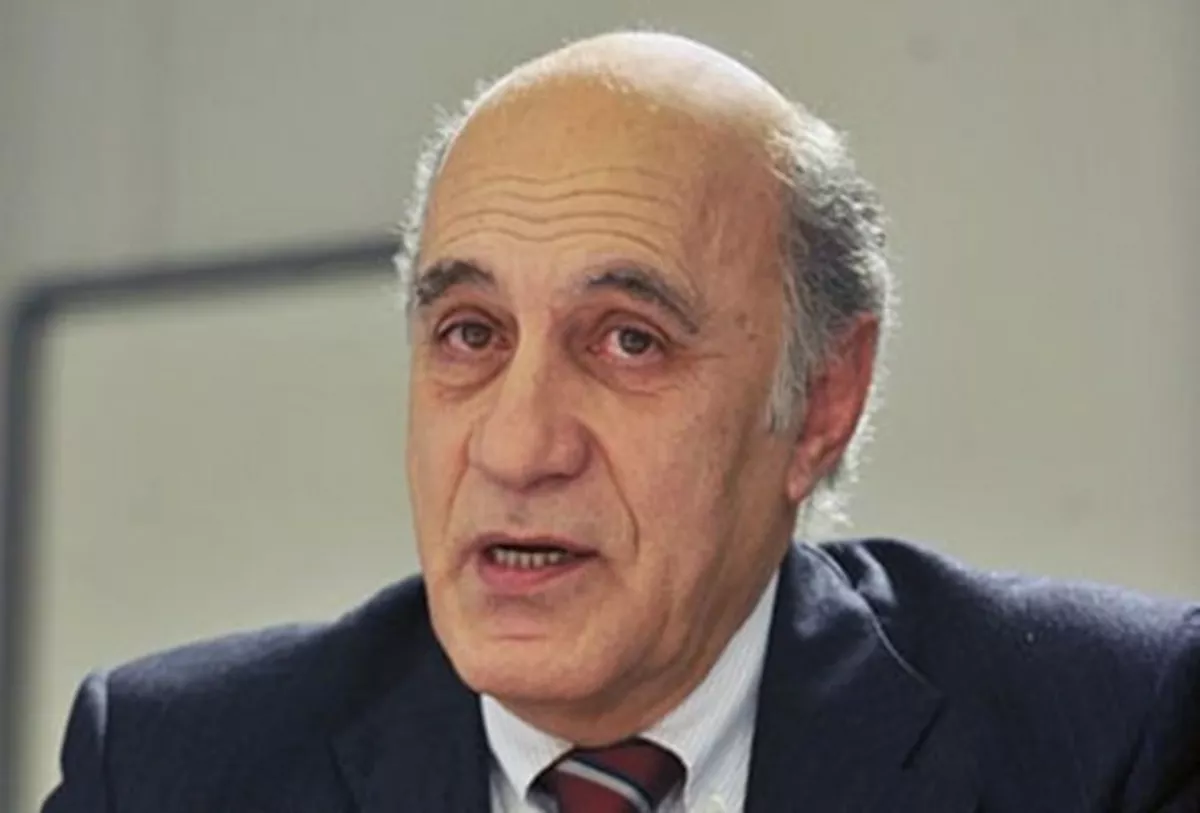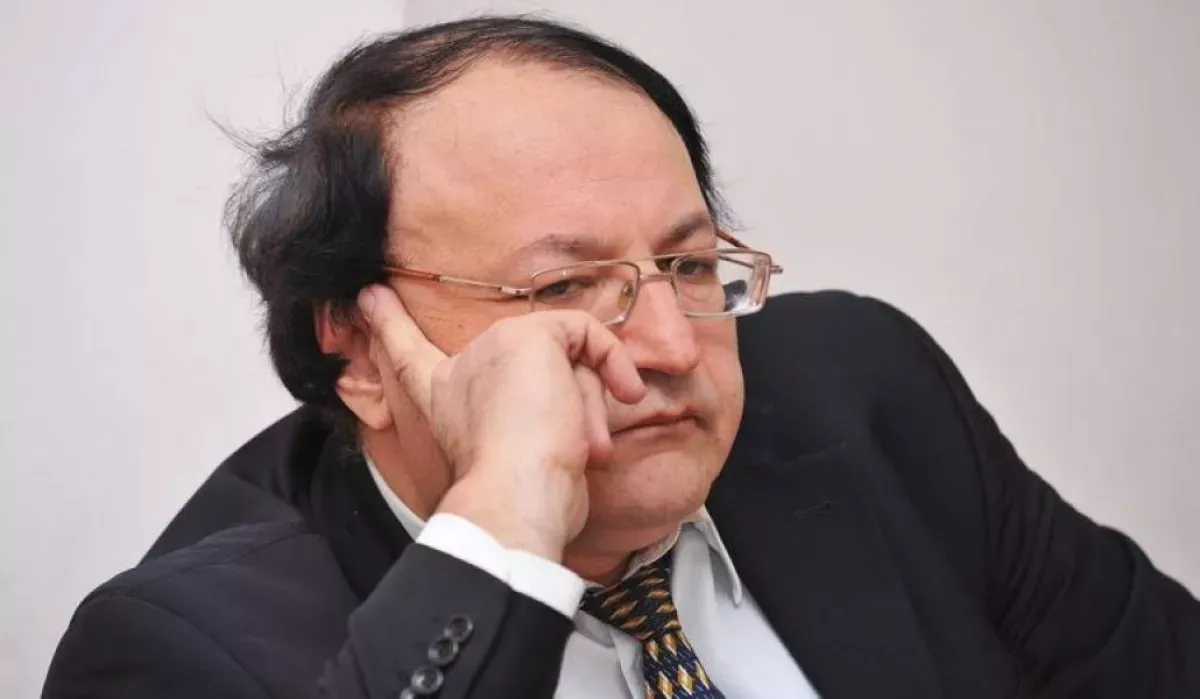Armenian official’s “optimism” vs. reality Analysts weigh in on Rubinyan’s September peace claim
Armenian Parliament Deputy Speaker Ruben Rubinyan expressed hope that a peace agreement with Azerbaijan would be signed as early as September 2025. He made this statement on Armenia’s Public Television.
“I hope that Armenia and Azerbaijan will sign a peace agreement not in the first half of 2026, but at the end of 2025, or in September 2025,” he noted.
Earlier, Turkish Foreign Minister Hakan Fidan stated that the signing of an agreement between Armenia and Azerbaijan is expected in the first half of 2026. He emphasised that Ankara would quickly normalise relations with Yerevan afterwards.
But how realistic is the signing of a peace deal between Armenia and Azerbaijan? Why does Deputy Speaker Rubinyan believe it could happen as early as this September?
These questions were explored in a discussion with Caliber.Az, featuring insights from leading experts on both sides of the issue.

Political analyst and professor at the Western Caspian University, Fikret Sadikhov, notes that it gives the impression that Rubinyan either hasn’t heard of or is unaware of Azerbaijan’s position regarding the signing of a peace agreement.
“Or is he unaware of what happened on August 8 in Washington, where this agreement between our countries was initialled? In any case, this does not reflect well on a person holding such a high position as one of the leaders of the Armenian parliament and, incidentally, leading the delegation in negotiations with Türkiye.
It is absolutely clear that the agreement will not be signed before the end of 2025. Rubinyan’s claim that it could happen as early as September is surprising. It implies that no amendments would need to be made to the Armenian Constitution. Territorial claims against Azerbaijan would continue to exist at the constitutional level. And we are expected to quietly, unconditionally, and enthusiastically sign a peace agreement with Armenia, despite the serious and complex obstacles that Yerevan must address in the near future.
Ruben Rubinyan is clearly bluffing, because this is a territorial claim enshrined in the country’s fundamental law. Our position on this matter has been stated repeatedly. Must it be repeated daily for people like Rubinyan and his associates to understand?
Amending the Constitution—or changing it at all—is most likely impossible before the 2026 parliamentary elections. Everyone understands that holding a referendum requires cumbersome procedures, making it a serious and lengthy process.
One can dream about anything—even that a peace agreement will be signed this week. But the difference between dream and reality is as vast as the sky and the earth,” the professor emphasised.
He added: “If Rubinyan is deliberately misleading the Armenian public, he is only making the situation worse—essentially deceiving them and making himself look utterly ridiculous.
The provision contained in the Armenian Constitution represents a direct threat to regional security. It is an explicit claim on Azerbaijani territory. In such a situation, there can be no talk of a rushed signing of a peace agreement. We cannot leave loopholes for revanchism or for future political regimes that might exploit this provision and continue the policy of deceiving their own people. Rubinyan must understand the responsibility of his words, which will never lead to normal relations between our countries. And this is precisely what Azerbaijan has long and consistently sought.”

The President of the Association of Political Scientists of Armenia, Doctor of Political Science Hmayak Hovhannisyan, is convinced that Armenia and Azerbaijan are equally interested in the swift signing of a peace agreement.
“In my view, Azerbaijan is particularly keen on signing the document because it would formalise and make irreversible the results of its military victory in the Second Karabakh War.
After the First Karabakh War, the victorious side did not insist on concluding a peace treaty or on recognition by the losing side of the post-war military-political status quo, limiting itself to the fragile 1994 ceasefire in Bishkek. As a result, the losing side retained the opportunity for a revanche, which it took advantage of 26 years later. I have no doubt that a political strategist like Ilham Aliyev fully understands that repeating the mistake that proved fatal for Armenia is not in Azerbaijan’s interest.
Your president has already succeeded in dissolving the OSCE Minsk Group and compelled the Armenian Prime Minister to declare that the Karabakh issue is closed once and for all. But Nikol Pashinyan is not eternal, and the Minsk Group, if there is no signed and parliament-approved peace agreement between our countries, could reconvene—albeit in a different format,” the expert noted.
Hovhannisyan believes that Azerbaijan should act quickly, as the current Armenian parliament’s mandate expires in June next year.
“This is why the Deputy Speaker of the Armenian Parliament and Türkiye negotiations envoy, Ruben Rubinyan, is pointing to a date like the end of September. It is understandable. Both Fidan and Rubinyan realise that Nikol Pashinyan and his party, Civil Contract, have little time to maintain power in their current form after the 2026 elections.
Rubinyan and Fidan are monitoring electoral sentiments in Armenia and clearly understand that two scenarios are possible: either Pashinyan’s party loses the elections and moves into opposition, or emerges weakened and unable to push through parliament the necessary decisions, including the ratification of the peace agreement.
In that case, all the agreements reached in Washington would be at risk of collapse. Plans for the ‘Trump Route of Peace and Prosperity’ would also fail, as Trump himself, after the midterm congressional elections, would have no time to focus on the South Caucasus. This is exactly what Moscow is counting on, clinging to Clause 9 of the agreements signed in November 2020 under Vladimir Putin’s aegis—in an attempt to deploy FSB border guards there and control the ‘Trump Route.’
Therefore, delaying the conclusion of a peace agreement by imposing additional conditions plays into Moscow’s plans to open the ‘Putin Route,’ rather than implementing the ‘Trump Route,’” Hovhannisyan concluded.








